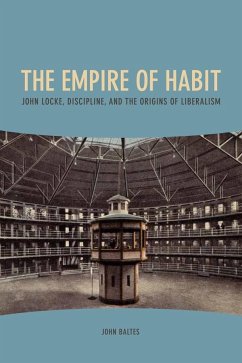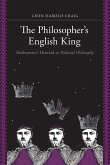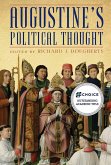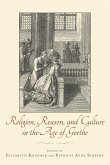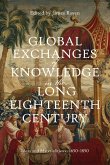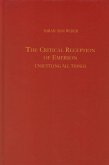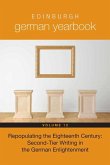Known as the father of political liberalism, John Locke provides much of the theoretical underpinning for our own liberal democracy. According to the orthodox reading of Locke's political thought, the rights and freedoms of civil society have their basis in the natural law, which is apparent to all and to which the sovereign, rational citizen assents. In this volume, John Baltes challenges this reading, arguing that the foundation of Lockean liberalism is not natural law but habit, not the rational citizen but a subject shaped by discipline. Baltes examines Locke's Essay Concerning Human Understanding and Some Thoughts Concerning Education and reveals in them a Locke that is in conflict with the natural-law philosopher found in his famous Two Treatises of Government. In his treatises on epistemology and education, Locke describes morality as a construct and human nature as malleable. Drawing on Foucault's concept of discipline, Baltes reconsiders Locke's liberalism and shows that it requires citizens who are constructed by carefully controlled space and visibility, regulated in their conduct to become capable of self-government. The Empire of Habit thus offers not only a new reading of one of the most important political philosophers of the Western tradition but also new insight into our own political liberalism. John Baltes is an independent scholar of political theory.
Bitte wählen Sie Ihr Anliegen aus.
Rechnungen
Retourenschein anfordern
Bestellstatus
Storno

